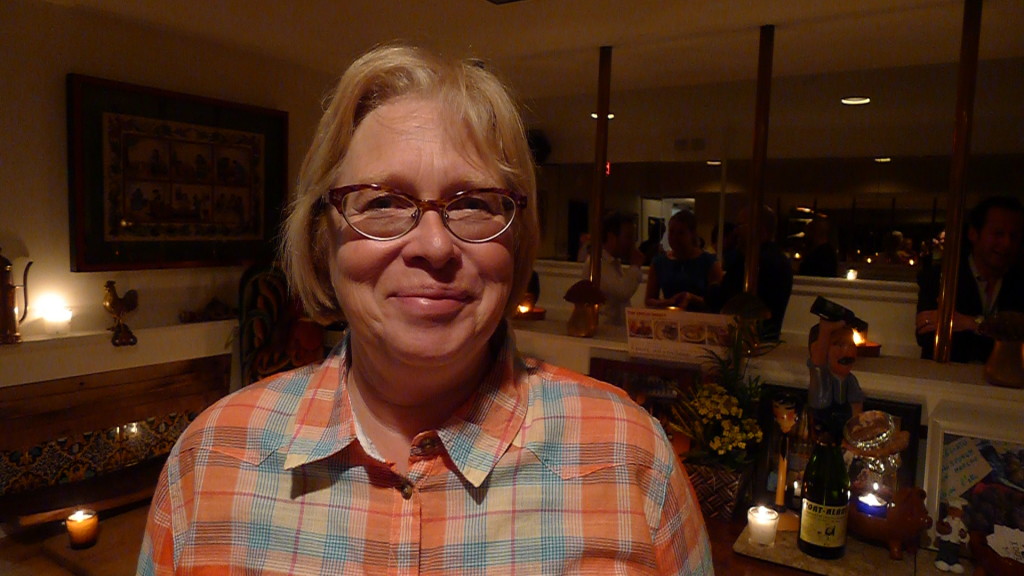
Cheesemaker Ruth Klahsen reveals her exciting new project over dinner at Toronto’s Edulis restaurant.
Monforte Dairy‘s Ruth Klahsen was recently in Toronto to tell us about her new project, a Monforte Farm, which she is looking to help finance through the support of the good food community.
We caught up with her at Toronto’s Edulis restaurant to get the scoop on her new venture, Futures In Farming.
Good Food Revolution: Hello there Ruth. So tell us a little bit about your new project, your second CSA… and where did the inspiration come from?
Ruth Klahsen: Farming has always fascinated me, particularly farming models that differ from the conventional. Young farmers really do need some kind of support to get started these days as land is so expensive… and so I decided to set up a farm that would allow them to establish themselves and have some kind of security, particularly land security.
Owning land has always been the final bit of the puzzle for me… I see it as a respectful and holistic version of the feudal system… dignified serfdom if you will, with responsible borrowing… although my sons call this me dropping “the F bomb”.
Strangely enough the inspiration probably came from two conversations I had with Prince Charles. We were speaking about his farm at Highgrove House, Duchy Home Farm, and although the spoon in his mouth was certainly made from a different silver, we spoke about creating a Canadian version of what he has done with his farm.
I feel that as a society we have become so disconnected from our food and our farmers. We really need to teach young people how to farm… and I have always said that we need to teach Chefs how to farm.
GFR: Last time you raised half a million dollars over the course of a year. What is your target this time around?
RK: Yes, for the dairy we raised $500,000 from backers. For the farm project we would love to raise a million dollars, but that would be 2000 people, twice the number of people we had participate the last time we did this. It’s going to be difficult, especially at this time of year, but we think that we can do this!
GFR: So us I understand it you’ll be partnering with FarmStart in order to create an incubator of sorts?
RK: Yes, we felt that it would best for all involved if we were to partner with an organisation who are already well versed in such things, so we have planned to work with FarmStart for the first 12 months.
We are looking at giving these farmers a 30 year tenancy, as with things as they are right now it is so difficult for them to have any kind of land security.
Just after Labour day we are hosting a “pitch party” for our prospective farmers, and we are hoping that we’ll get around 30 or so farmers to give us their pitch.
GFR: Please tell us about the farm itself… how big is it and how many farmers do you see being able to work the property? And what types of farming do you see as being most suitable for the land?
RK: Well, from that 30 farmers we would like to see pitch, we are looking at the farm supporting eight to ten of them, with about four or five acres each. The farm itself is 40 acres, so we hope to find farmers who would like to nurture nuts, fruits, bees, hops… maybe make some beer, and then probably around six or so farmers growing vegetables… one can only sell so much kale.
Previously it was a conventional commercial farm that grew corn, and at one time provided for nine children… it is class I farmland with fertile sandy loam… such amazing potential… and of course it is nice and flat and tiled for drainage.
GFR: You also have a few other ideas for the evolution of the farm, would you mind explaining some of the possibilities you have in mind?
RK: Well, with it being right beside highway 78 between Shakespeare and Stratford it makes sense to offer as much as we can to the passing traffic en route to the theatres, with retail being just the very tip of the iceberg… and then when they see the Clydesdales ploughing the land…
I see the farm as being something like the River Cottage in the UK… a place where people can come to learn different skills, perhaps how to break down a cow, how to bake bread, how to make their own bacon, canning and preserving… and then we can look at algae pools, alternative energy resources and the like.
The farmhouse is a 1867 timberframe and so of course we would love to host events and fêtes there… perhaps it will become an auberge of sorts.
But then again I am more than open to any ideas that people bring to me… I would like the farm to be a real catalyst for change.
GFR: So full of possibilities Ruth… This sounds like a truly superb project. We wish you all the best!
For more information about Monforte Farm please visit Ruth’s website.
…
 Edinburgh-born/Toronto-based Sommelier, consultant, writer, judge, and educator Jamie Drummond is the Director of Programs/Editor of Good Food Revolution… And he really looks forward to seeing the Monforte Farm.
Edinburgh-born/Toronto-based Sommelier, consultant, writer, judge, and educator Jamie Drummond is the Director of Programs/Editor of Good Food Revolution… And he really looks forward to seeing the Monforte Farm.

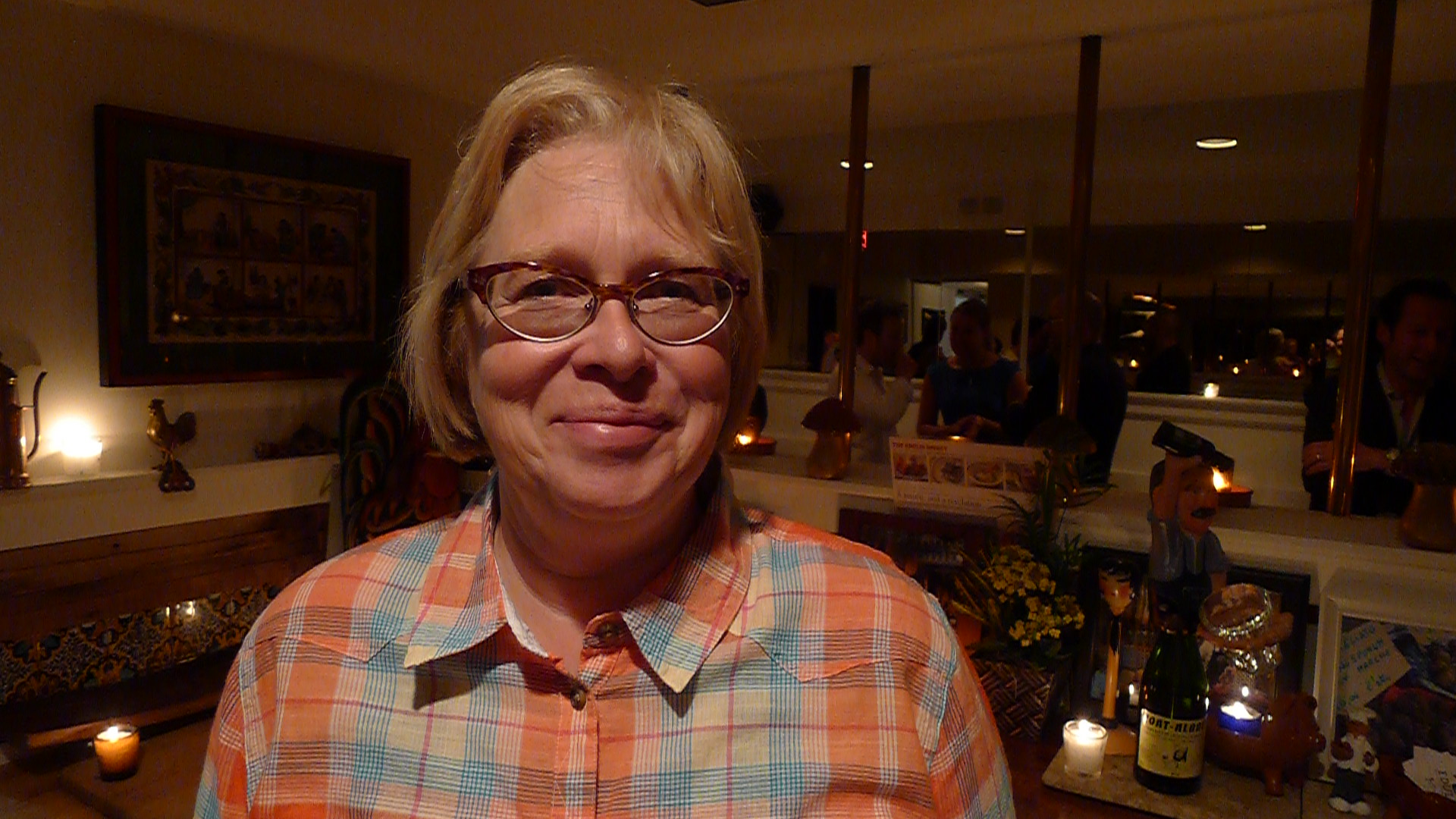

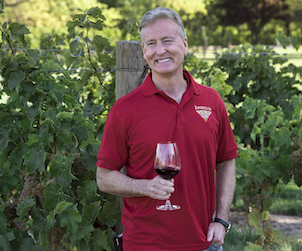

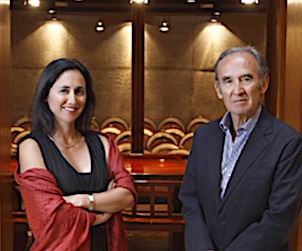
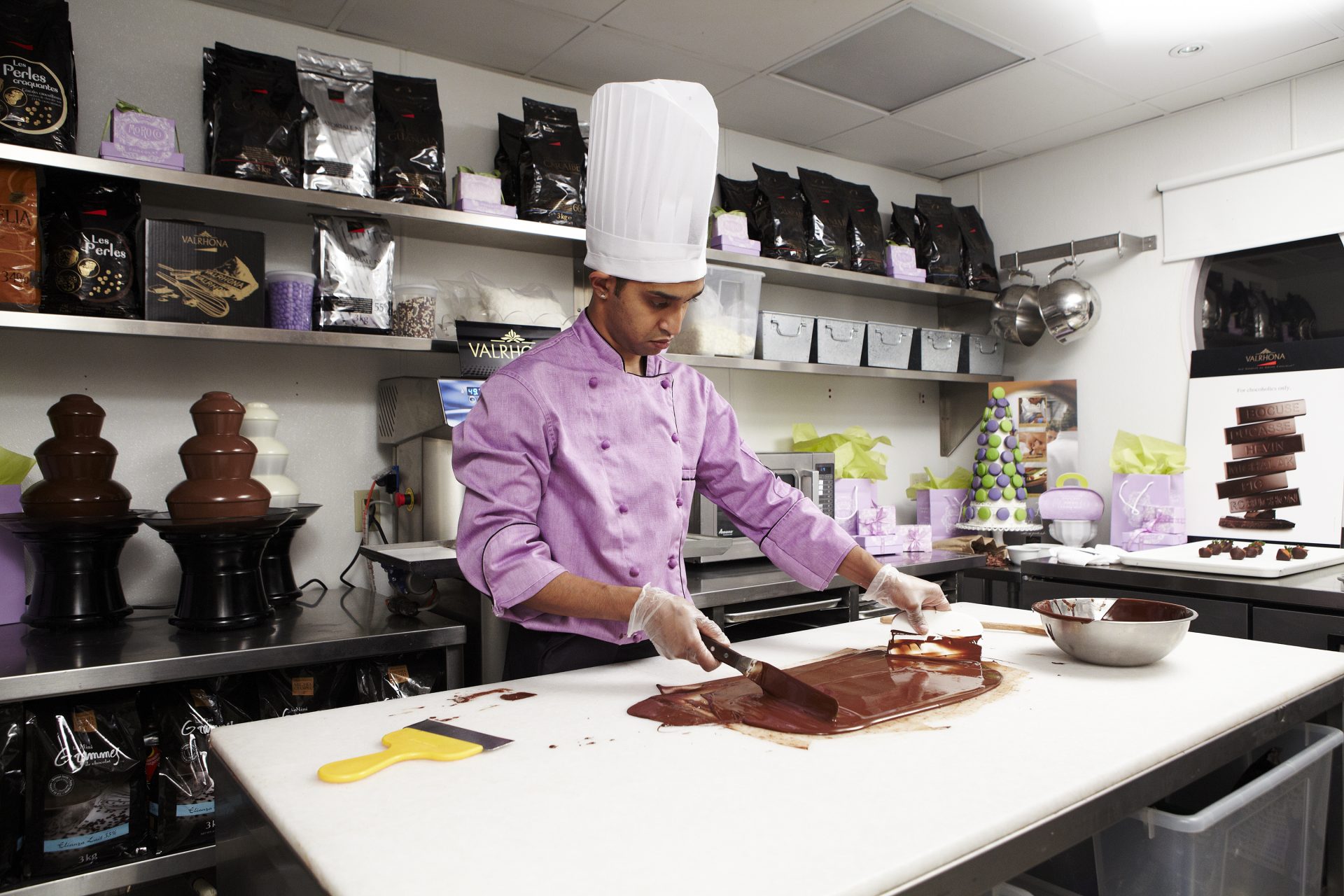

Dear Ruth Klassen……I just want to tell you that I LOVED and totally resonated with what you said about the Earth last night on The National. The Earth is in a very fragile state. Even the Pope said 2 weeks ago that “Creation Is Groaning”…..My big concern is all the cruelty to the wildlife species on this Planet also. It is truly frightening what we are doing to them as we continue to over-consume, rape natural habitats in which they live and of course those awful wet markets in Asia where these viruses are manifesting from. I think if I had to go visit China I would be traumatized for life seeing all that animal cruelty. I live in Victoria, BC. Do you sell any of your cheeses here? If so where? Keep on fighting for the Earth like I intend to do!